A study recently published in the journal JCI Insight, conducted by scientists from the University of Colorado Medical Center at Anschutz (CU Anschutz - USA), looked at the effect of ginger supplementation on neutrophil cells.
This may impact neutrophil extracellular trap (NETosis) formation, which is a promoter of inflammation and coagulation.
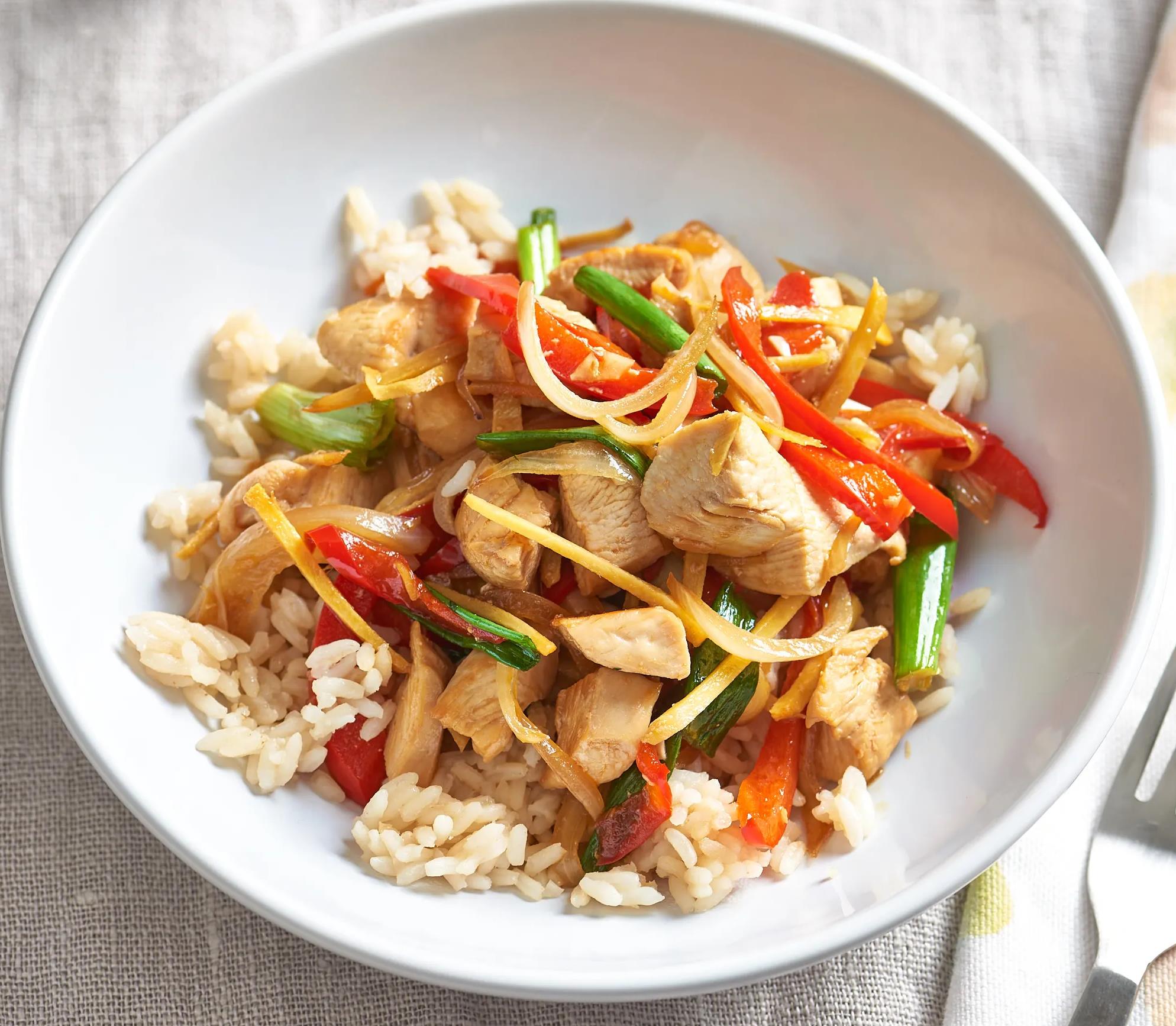
Ginger is often used in Vietnamese dishes as a spice - Illustration photo from the Internet
Initial trials in healthy people showed that consuming ginger root products made their neutrophils more resistant to NETosis.
These tiny, spider-web-like NETosis structures can lead to many autoimmune diseases such as lupus, antiphospholipid syndrome, and rheumatoid arthritis.
They are all incurable, potentially fatal diseases that are difficult to treat, and treatment can only help control major outbreaks.
In-depth analysis of the mechanisms in the body when consuming about 20g of ginger supplements daily showed that this spice promoted a chemical called cAMP in neutrophils, which can inhibit NETosis in response to various stimuli related to the disease.
"Our study, for the first time, provides evidence of the biological mechanism underlying its apparent anti-inflammatory properties in humans," said senior co -author Jason Knight, MD, PhD, from the CU Anschutz Division of Rheumatology.
The bigger news is that this study shows that people with autoimmune diseases can still benefit from the simple act of eating ginger. At the same time, this is the foundation for other studies to come up with effective natural cancer remedies for patients.
Source



![[Photo] National conference to disseminate and implement Resolution No. 66-NQ/TW and Resolution No. 68-NQ/TW of the Politburo](https://vphoto.vietnam.vn/thumb/1200x675/vietnam/resource/IMAGE/2025/5/18/adf666b9303a4213998b395b05234b6a)

![[Photo] More than 17,000 candidates participate in the 2025 SPT Competency Assessment Test of Hanoi National University of Education](https://vphoto.vietnam.vn/thumb/1200x675/vietnam/resource/IMAGE/2025/5/17/e538d9a1636c407cbb211b314e6303fd)

![[Photo] General Secretary To Lam visits exhibition of achievements in private economic development](https://vphoto.vietnam.vn/thumb/1200x675/vietnam/resource/IMAGE/2025/5/18/1809dc545f214a86911fe2d2d0fde2e8)
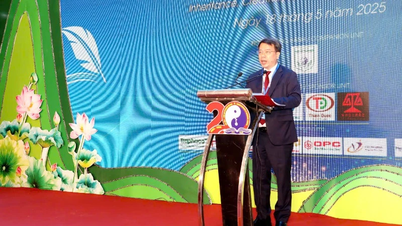

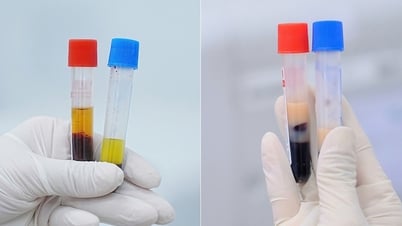



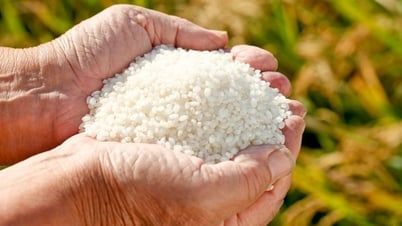
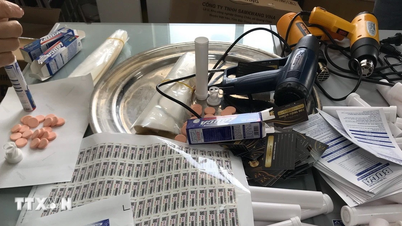

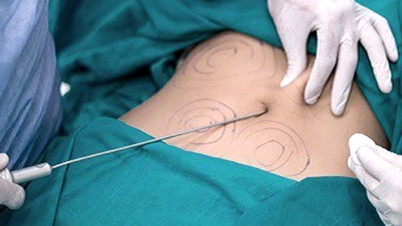








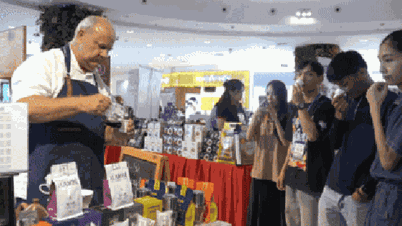


![[Photo] Prime Minister Pham Minh Chinh chairs meeting on science and technology development](https://vphoto.vietnam.vn/thumb/1200x675/vietnam/resource/IMAGE/2025/5/17/ae80dd74c384439789b12013c738a045)









































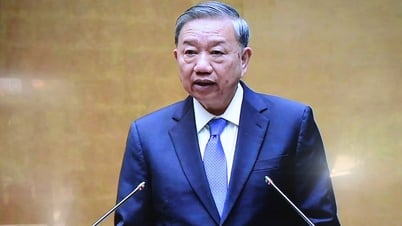



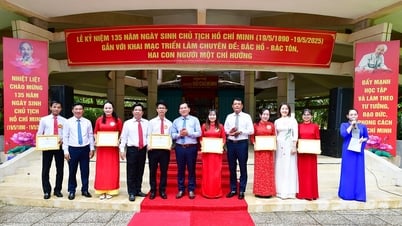















Comment (0)